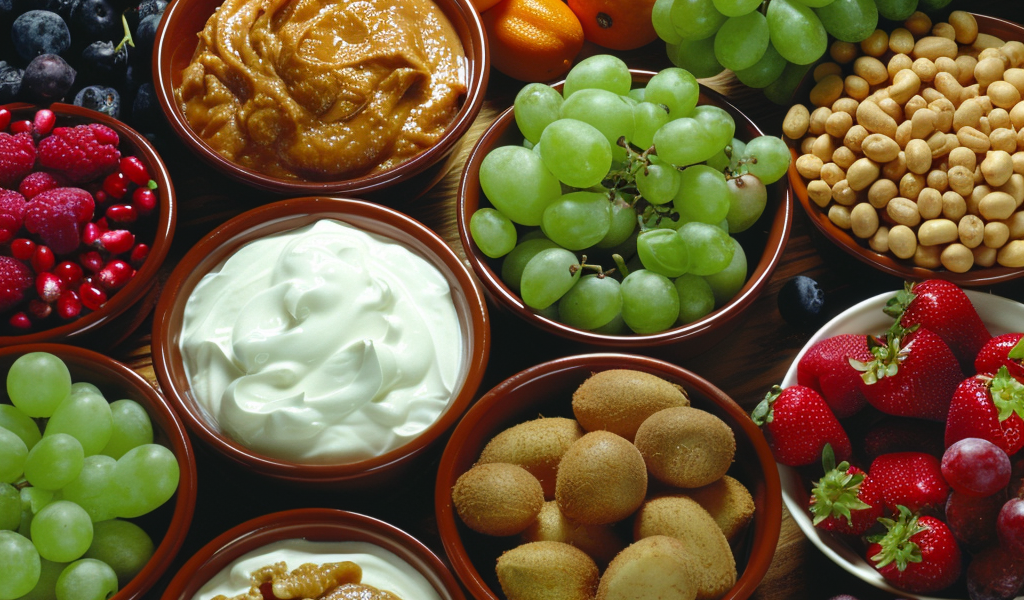Parents around the world strive to provide their children with the healthiest foods to support their growth and development. However, it’s important to remember that moderation is key when it comes to a child’s diet. While certain foods are packed with nutrients, overdoing it can have unintended consequences. Here are some potential risks associated with overconsumption of certain healthy foods in children and guidelines for maintaining a well-rounded diet.
Fruit juices, often considered a healthy option, can be deceivingly high in sugar and low in fiber. Overconsumption of fruit juices has been linked to weight gain, tooth decay, and an increased risk of developing type 2 diabetes in children. It’s recommended to limit fruit juice intake and opt for whole fruits instead, which provide essential fiber and nutrients while naturally regulating sugar absorption.
Nut butters, such as peanut butter and almond butter, are rich in healthy fats, protein, and micronutrients. However, they are also calorie-dense, and excessive consumption can contribute to weight gain if not portion-controlled. Additionally, some nut butters may contain added sugars and unhealthy oils, so it’s important to choose varieties with minimal ingredients and no added sugars.
Dried fruits offer a concentrated source of vitamins, minerals, and fiber, but they are also high in natural sugars and calories. Consuming large quantities of dried fruits can lead to excessive calorie intake and may contribute to dental problems due to their sticky texture. Parents should encourage moderation and consider fresh fruits as a primary snack choice, reserving dried fruits for occasional treats.
Granola and granola bars are often marketed as healthy snacks, but they can be high in added sugars and unhealthy fats. Overconsumption of these products can lead to excessive calorie intake and potential weight gain. Parents should carefully read labels and choose varieties with minimal added sugars and healthy fats, or consider alternative snacks such as plain, unsweetened yogurt with fresh fruit.
While these foods offer valuable nutrients, it’s important for parents to be mindful of portion sizes and overall balance in their child’s diet. By promoting moderation and offering a diverse range of foods, parents can ensure their children receive the essential nutrients they need while minimizing potential risks associated with overconsumption of certain healthy foods.





